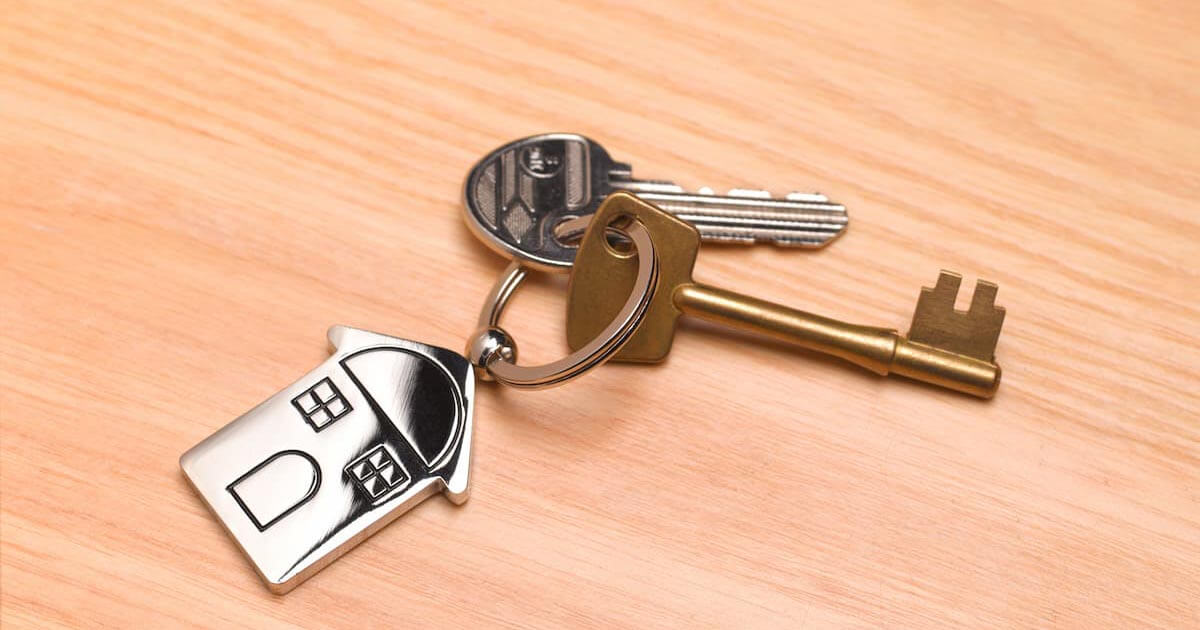Some small business owners have found a middle ground between doing their own accounts and hiring an accountant – accounting software. Sage offers a host of off-the-shelf packages, from the simplest software that helps you submit your VAT returns, to more complicated software that helps with your accounts, purchasing, sales, manufacturing operations and even customer relationships. Most of Sage’s software involves a monthly fee with online, telephone or local support available.
However, there are two main risks to the business owner with buying accounting software:
They could be unaware that they’re making costly mistakes and they could be missing opportunities to reduce their tax liability or take advantage of tax allowances.
Luckily for SMEs, there’s another model for managing your accounts, which bridges the gap between buying accounting software and hiring an accountant.
Crunch is one such service, which combines online accounts management software with a team of accountants available to support you as you need them. This means that, when it’s most important, you get the expert’s view whilst keeping control of the figures yourself.
“The most important time to involve an accountant is when you initially set up your business and file your first Year End accounts,” says Laura Hughes at Crunch. “There are loads of common mistakes people make when forming their company – not putting a shareholder agreement in place or issuing too much share capital – that can be easily avoided with a quick chat.”
Another advantage of this model is that by working collaboratively with your accountant on a daily basis, you are able to get the best advise from them in a timely manner. “Every business is individual,” says Laura, “and your accountant can't know how to best advise you unless they know what's going on. So keeping them up to date either by talking to them directly or by regularly updating your bookkeeping software offers real benefits. Think of accountants like doctors,” she adds, “they can’t give you a diagnosis unless they have all the information.”
















